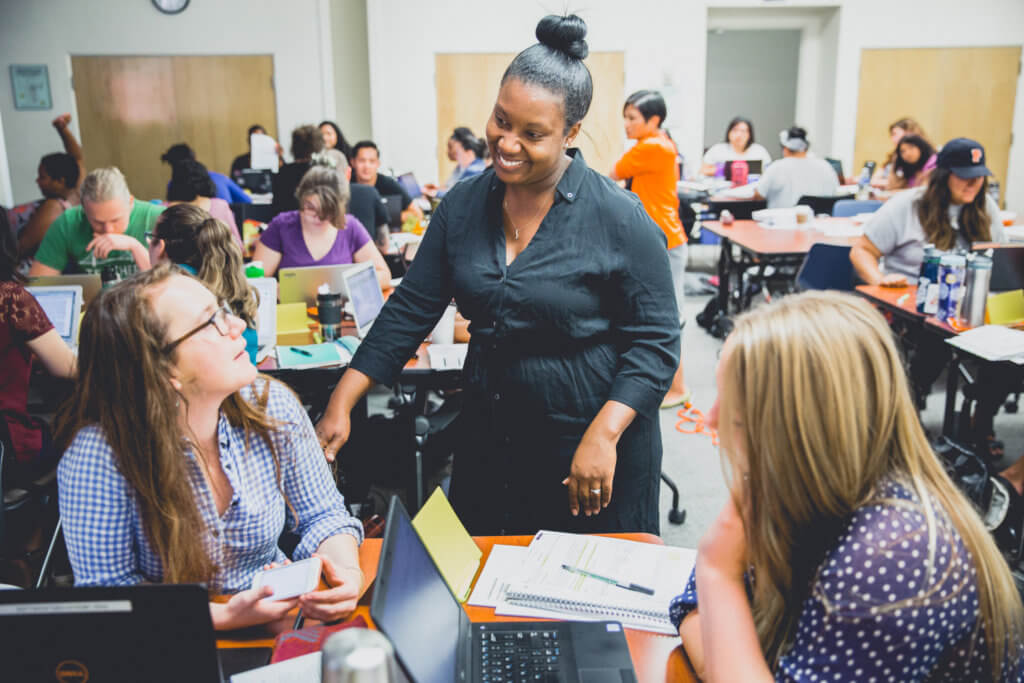As part of its ongoing efforts to improve teacher education across multiple institutions, TeacherSquared assembled a Data for Continuous Improvement Working Group composed of representatives from member institutions including Alder Graduate School of Education, Relay Graduate School of Education, Sposato Graduate School of Education, Teaching Excellence, and Urban Teachers. In an article about the working group, TeacherSquared’s Director of Effectiveness Initiatives, Liam Honigsberg, said that the purpose of the series of meetings was to “band together and share information in an effort to get better.”

A real turning point for the group, says Honigsberg, was when members began to think of data as evidence. With group members realizing that they need “… evidence that speaks to the degree to which our support initiatives are being taken up, with fidelity, in a way that results in meaningful changes to the experiences of teacher candidates inside teacher preparation programs.”
Alder’s Senior Research Scientist Dan Wright, a participant in the working group, said, “The group discussed the concept of data and how data fit within each of our programs. There is a data to information to actionable knowledge/wisdom pipeline. At each stage (e.g., creating data, analysis, interpretation, communication), this pipeline can lead to good or bad actions. By sharing experiences across the working group, we realized we can help turn our data into wise actions.”
Nate Monley, Dean of Alder GSE, says, “Through our engagement with the Data for Continuous Improvement Working Group, Alder has been able to better understand our measures of success. By comparing our completion rates, hire rates, and other measures of success with similar programs, we have been able to better identify areas of program success and areas to analyze for improvement. Before this working group, our only comparison points were models different from our own. This group’s work helps us take an ‘apples to apples’ approach to analyzing our program data.”
As the group’s collaboration has evolved over time, so too has its focus. To represent the next iteration of the work, the group has renamed itself the Measurement for Technical Assistance Quality Working Group. Stay tuned for more work to come.